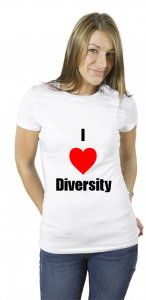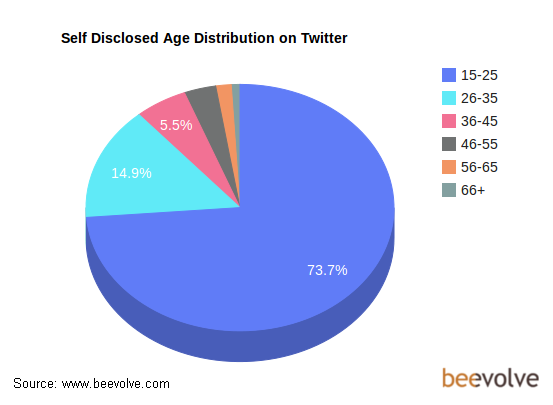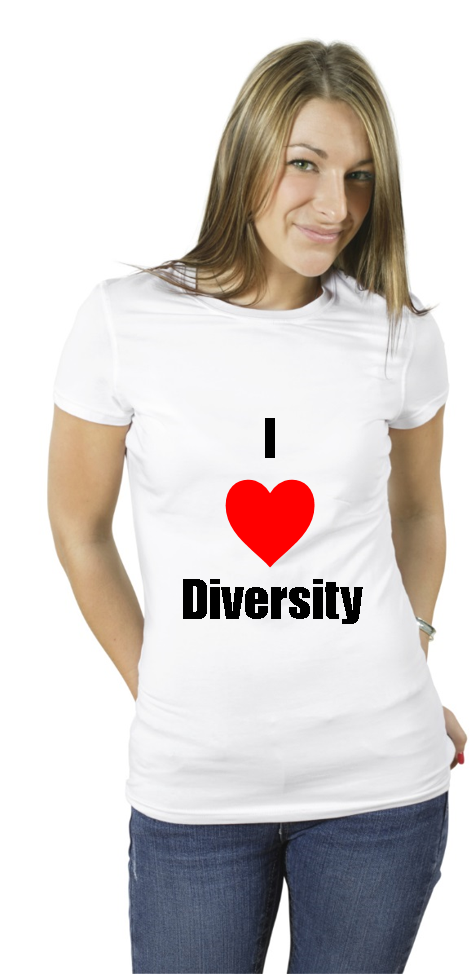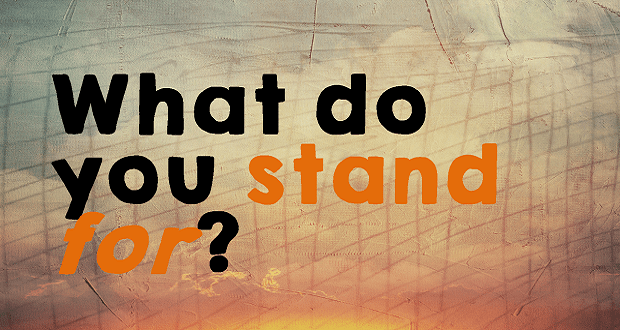 I don’t know why I am always so surprised by the sheer ignorance of what I know is a small minority of the population. However, it is this small minority that seems to be the most vocal and gets the press.
I don’t know why I am always so surprised by the sheer ignorance of what I know is a small minority of the population. However, it is this small minority that seems to be the most vocal and gets the press.
Last week, Nina Davuluri, Miss New York, was named the winner of the 2014 Miss America Pageant. She is the first contestant of Indian descent to be crowned Miss America.
[dropshadowbox align=”right” effect=”lifted-both” width=”200px” height=”” background_color=”#ffffff” border_width=”1″ border_color=”#dddddd” inside_shadow=”false” ]”No one is born hating another person because of the color of his skin, or his background, or his religion. People must learn to hate, and if they can learn to hate, they can be taught to love, for love comes more naturally to the human heart than its opposite.” -Nelson Mandela[/dropshadowbox]
Immediately following her crowning “twittersphere” was abuzz with negative tweets, inaccurately describing Davuluri as an Arab and statements like, “This is America, not India”.
Many Baby Boomers in the training that I conduct ask if younger people are more accepting of difference because they have grown up with more diversity. Unfortunately, there is little evidence that this is the case. When we assess cultural competence using the Intercultural Development Inventory® (IDI®), we do not find that younger people are more culturally accepting.
As shown in the table below, 73% of those who tweet are between 15 and 25 years of age. So I think we can safely assume that the negative tweets about the new Miss America came from this group.

Social media has a profound impact on attitudes and beliefs. In part, this can be “herding” behavior that is fueled by peer pressure. It is like a snow ball effect. Once the negative “tweets”, start others get on the bandwagon who may not really believe the comments expressed. At this age group, they may not even know what they believe. However, the attitudes of others in their age group now steer them to a particular point of view.
What is the answer? Education, Education, Education! Charles Swindoll said, prejudice is a learned trait. You are not born prejudiced; you are taught it.
How are we educating our young people to accept and value difference? We know that they are exposed to more difference. However, are they merely tolerating difference? Experiencing it at a surface level without thinking about their true feelings? Do they draw lines around “us and them” and what is ok for us but not ok for them (e.g. Miss America “should” be a “real” American)?
These are our future employees…our future leaders. Are they really more accepting of diversity?


















